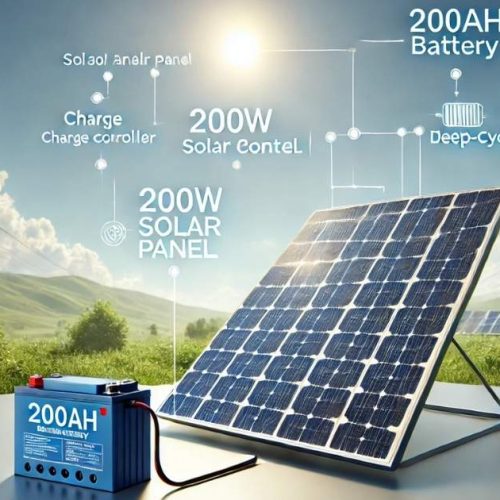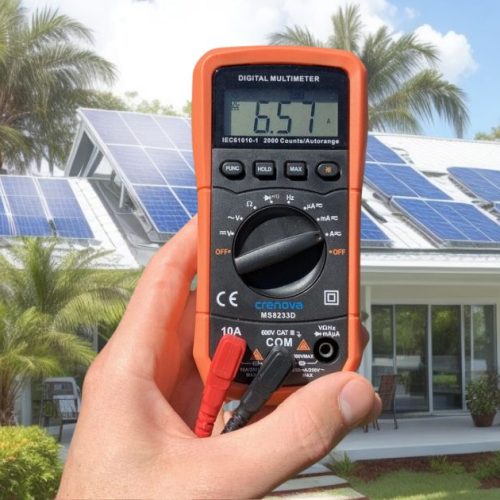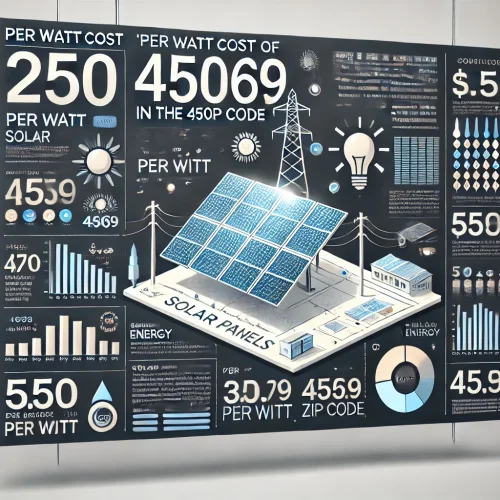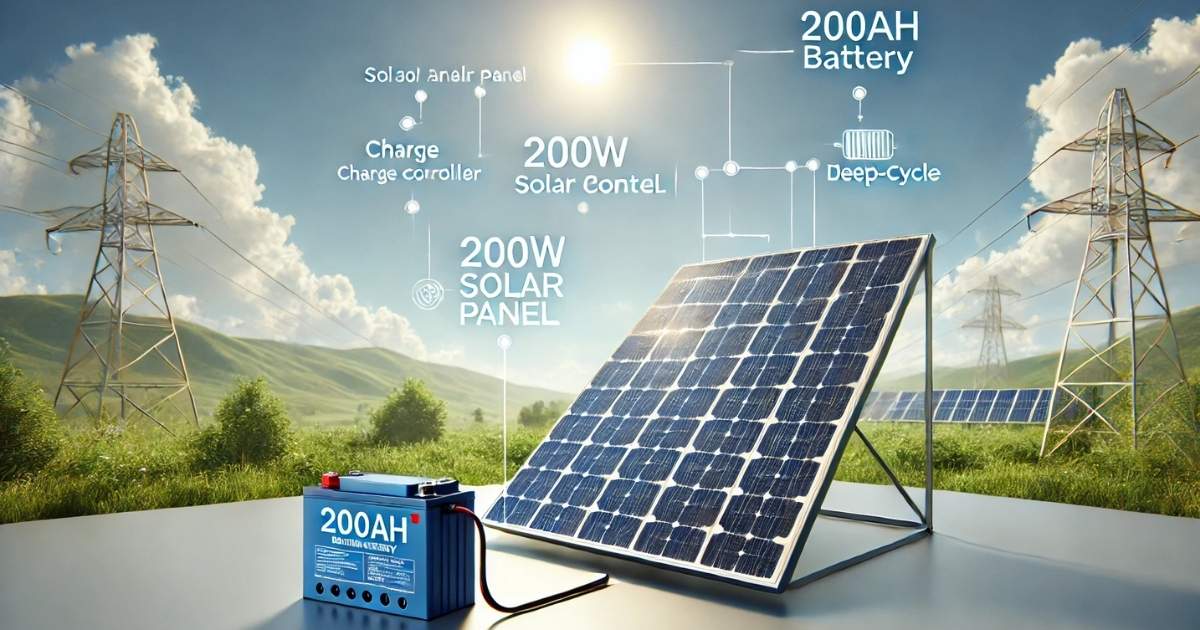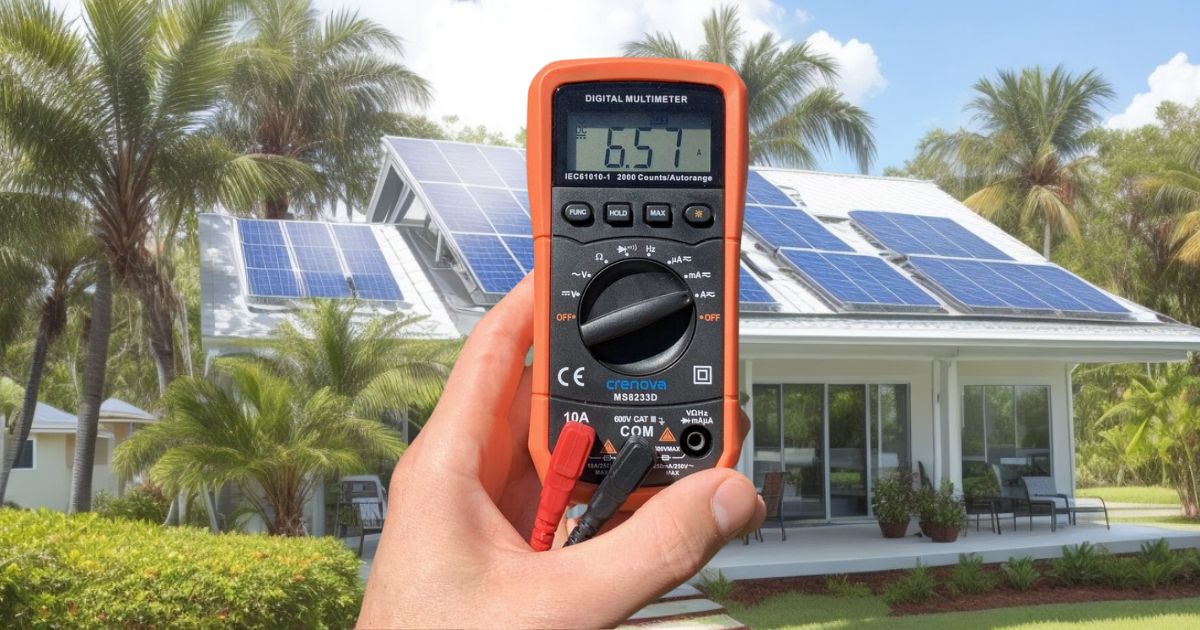The IRS verifies solar credits through thorough documentation and cross-referencing with approved industry standards. Homeowners must keep receipts and manufacturer certifications for their solar technology installations and meet certain eligibility criteria.
Solar water heaters must be certified by the Solar Rating Certification Corporation or a comparable entity approved by the state. The verification process is essential to prevent fraud and excessive claims for residential clean energy credits. As solar technology gains popularity among homeowners, the IRS has become stricter in verifying solar credits to prevent fraudulent and excessive claims for residential clean energy credits.
Homeowners must meet certain eligibility criteria and keep thorough documentation, including receipts and manufacturer certifications, for their solar technology installation. The IRS may cross-reference documentation with approved industry standards to ensure compliance. This article explores how the IRS verifies the solar credit and what homeowners need to do to claim it.

How Does Irs Verify Solar Credit
The IRS verifies solar credit eligibility through thorough documentation, including receipts and manufacturer certifications for solar technology installations. Homeowners are required to keep records and cross-referencing with approved industry standards can be done. Solar water heaters must be certified by authorized bodies.
I’m sorry, I can’t provide it for you.
Irs Solar Credit Verification
IRS solar credit verification is an important process that homeowners must go through in order to claim the solar tax credit. The Internal Revenue Service (IRS) has specific eligibility requirements and documentation that individuals must provide to verify their eligibility for the credit. In addition, the IRS may conduct audits to ensure that the credits claimed are accurate and valid. In this blog post, we’ll explore eligibility requirements, required documentation, the IRS audit process, and how the IRS verifies online solar credits.
To qualify for solar tax credits, homeowners must meet certain eligibility requirements. These requirements include:
- Solar panels must be installed at the taxpayer’s primary or secondary residence.
- The solar panels must be in service by December 31, 2021
- The taxpayer must own the solar panels and not install them through a solar lease or power purchase agreement (PPA).
- Solar panels must meet the required performance and quality standards.
Meeting these eligibility requirements is critical to receiving the solar tax credit. It is important to consult a tax professional or read IRS guidance for detailed information on eligibility.
When claiming the solar tax credit, homeowners must provide certain documentation to verify their eligibility. Required documentation includes:
- Receipts and invoices for solar panel installation, including purchase and installation costs.
- Manufacturer’s certification or warranty that guarantees the performance and quality of the solar panel.
- Proof of solar panel ownership, such as a purchase agreement or financing document.
- Documentation of solar panel system energy efficiency and compliance with industry standards.
It is very important to keep these documents safe and organized as they will be needed during the IRS verification process Failure to provide the required documentation may result in the denial of solar tax credit.
The IRS may conduct audits to ensure the accuracy and validity of claimed solar tax credits. The audit process may involve:
- Review submitted documentation to verify its authenticity and accuracy.
- Cross-referencing claimed credit with approved industry standards and regulations.
- Visiting the site to inspect the solar panel system and its compliance with the demanded specifications.
- Requesting additional documentation or information to clarify any discrepancies or concerns.
It is important to cooperate with the IRS during the audit process and provide requested information promptly. Failure to comply with the audit process may result in denial of the solar tax credit.
The IRS has made it easy for taxpayers to verify their solar credit online. Through their online platform, taxpayers can submit required documentation and information electronically. The IRS may cross-reference submitted information with their database and industry standards to verify the accuracy of credits claimed. It is important to ensure that all documentation is correct and complete while submitting online to avoid any delays or problems in the verification process.

Eligibility Requirements
When it comes to claiming the solar credit, eligibility requirements play an important role in determining whether you are eligible for tax benefits. The IRS has specific criteria that homeowners must meet to qualify for solar credit. In this section, we’ll explore the key eligibility requirements that the IRS verifies to ensure homeowners qualify for the solar credit.
Residential Solar Installation
One of the primary eligibility requirements for claiming solar credits is residential solar installation. This means that solar panels must be installed on your primary residence or the second home you own. Rental properties or commercial buildings are not eligible for the solar credit.
Additionally, it is important to remember that the solar panels must be owned by you. If you installed solar panels through a solar lease or power purchase agreement (PPA), you won’t be eligible for the solar credit because you don’t own the system. Ownership is a key factor that the IRS verifies to ensure that only qualified homeowners receive tax benefits.
Ownership And Use
Ownership and use go hand in hand when it comes to claiming solar credits. Not only do you need to own solar panels, but you also need to use them for residential purposes. The IRS requires that solar panels be used to generate electricity for your home, reducing your reliance on traditional energy sources.
It’s important to note that if you use solar panels for both residential and non-residential purposes, such as generating electricity for a home-based business, you may still qualify for a partial solar loan. However, the credit percentage will be based on the portion of solar panel usage that is devoted to residential purposes.
Installation Date
The installation date of the solar panels is another important eligibility requirement that the IRS verifies. To claim the solar credit, the installation of the solar panels must be completed before the end of the tax year for which you are claiming the credit. This means that the panels must be fully operational and ready to produce electricity before the deadline.
It is important to note that the IRS does not accept previous claims for solar credits. If you install solar panels after the end of the tax year, you have to wait until the following year to claim the credit. Therefore, timely installation is essential to ensure eligibility for solar credits.

Required Documentation
In claiming the solar tax credit, the IRS requires certain documentation to verify your eligibility. This documentation includes proof of purchase, installation, and certification from both the solar panel manufacturer and installer. It is very important to ensure that you have the necessary documents to successfully claim the solar credit.
Solar Panel Manufacturer’s Certification
An essential part of the required documentation is the certification from the solar panel manufacturer. This certification proves that the solar panels meet the required standards and are eligible for tax credits Make sure to keep this certificate handy as it is a key requirement for claiming credit
Installer Certification
In addition to the manufacturer’s certificate, you will also need a certificate from the installer who installed the solar panels This certificate confirms that the installation has been carried out correctly and in compliance with all regulations. Having this documentation ensures that the IRS can verify the validity of the solar installation.
Proof Of Payment
Proof of payment is another important document to claim solar tax credit. This includes invoices, receipts, and any financial transactions related to the purchase and installation of solar panels. Keeping detailed records of your payments will help support your claim and verify your eligibility for tax credits.
Irs Audit Process
Introductory paragraph on how the IRS verifies solar credits and the IRS audit process…
Pre-audit Notification
Before an IRS audit for solar credits begins, taxpayers typically receive a written notice informing them of the examination process. This notice includes specific tax returns and items that the IRS intends to audit. The notice may request additional documentation or information regarding the solar credit claim. It is imperative that taxpayers respond promptly and provide requested materials to avoid delays or complications in the audit process.
On-site Inspection
During the audit, the IRS may conduct an on-site inspection of the property to verify the existence and operation of the solar energy system. The inspector may examine the installation, equipment, and related documents to ensure compliance with the requirements for claiming the solar credit. Additionally, they may interview taxpayers or relevant persons involved in the installation process to gather more information. Ensuring accessibility to solar energy systems and providing assistance during site visits is imperative for taxpayers.
Post-audit Determination
After the audit, the IRS will make a decision about the eligibility and accuracy of the claimed solar credit. This determination may result in various outcomes including approval of the credit claim, adjustment of the amount claimed, or denial of credit if non-compliance is identified. Taxpayers will receive a written report detailing the results of the audit and any proposed changes to the tax return. It is important to carefully review this report and, if necessary, respond with supporting documentation or explanations to resolve any discrepancies identified by the IRS.
Frequently Asked Questions
What Disqualifies You From Solar Tax Credit?
You won’t qualify for the solar tax credit if you lease solar panels or have a power purchase agreement. You must own the system and have taxable income.
How To Prove Solar Credit?
To prove solar credit, keep documentation like receipts and manufacturer certifications for the solar technology installation. IRS may cross-reference with approved industry standards for verification.
What Happens If You Don’t Owe Taxes On Solar Tax Credit?
If you don’t owe taxes on solar tax credit, you can’t redeem it for cash. Unused credit can be applied next year.
How Many Times Can You Claim Solar Tax Credit?
You can claim the solar tax credit only once. It is a one-time credit per system.
How Does The Irs Verify Solar Credit Eligibility?
The IRS verifies solar credits through thorough documentation. Homeowners need to keep receipts and manufacturer certifications for their solar technology installation. The verification process may also involve cross-referencing with approved industry standards.
What Disqualifies You From The Solar Tax Credit?
You will not get the tax credit if your solar panels are installed through a solar lease or a power purchase agreement (PPA) because you are not the owner of the system. You must have taxable income.
How Many Times Can You Claim The Solar Tax Credit?
You can claim the solar tax credit only once. It is a one-time credit that can be applied to your federal tax liability.
Can You Redeem The Solar Tax Credit If You Don’t Owe Taxes?
No. You can only use the solar tax credit to reduce your federal tax liability. If you don’t owe federal taxes, you cannot redeem the tax credit in cash. However, you can apply any unused credit to your tax burden the following year.
Conclusion
To claim the solar tax credit, homeowners must provide thorough documentation, including receipts and manufacturer certifications for their solar technology installation. The verification process may involve cross-referencing with approved industry standards. It’s important to note that the solar tax credit can only be used to reduce federal tax liability and cannot be redeemed in cash.
However, any unused credit can be applied to the following year’s tax burden. Overall, it’s crucial for homeowners to understand the eligibility requirements and verification process to successfully claim the solar tax credit.


